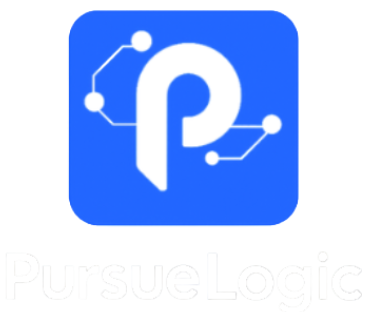1. Project Overview
In the modern e-commerce landscape, customers expect personalized shopping experiences. Traditional recommendation systems often fail to deliver context-aware suggestions, leading to lower engagement and sales.
Our AI-Powered E-Commerce Personalization Platform revolutionizes the shopping experience by dynamically analyzing user behavior, preferences, and purchase patterns to provide real-time personalized product recommendations, targeted promotions, and AI-powered product discovery.
Objective:
- Increase user engagement and sales.
- Enhance customer experience through AI-driven personalization.
- Provide actionable insights for e-commerce businesses.
2. Problem Statement
E-commerce platforms face major challenges:
- Generic Recommendations: Users are shown irrelevant products, leading to low conversion.
- Customer Retention Issues: Lack of personalization causes customers to leave.
- Manual Campaign Management: Marketing teams struggle to create targeted promotions effectively.
Solution Requirement:
A platform that intelligently understands individual users, predicts preferences, and delivers personalized experiences in real time.
3. Solution Architecture
Tech Stack:
- Frontend: React.js + Tailwind CSS (responsive, modern UI)
- Backend: Django REST Framework (robust API handling)
- Database: PostgreSQL / MongoDB (user profiles, behavior logs, products)
- AI/ML Engine: Python + TensorFlow / PyTorch + Scikit-learn for recommendation models
- Authentication & Security: JWT Authentication
- Hosting: Vercel (frontend) + Heroku / Render (backend)
Core Features:
1. Personalized Product Recommendations
- AI models analyze browsing history, purchase history, and product ratings.
- Suggestions appear in real-time based on user behavior.
2. AI-Powered Search & Discovery
- Smart search predicts user intent and shows personalized search results.
- Context-aware autocomplete and filters.
3. Dynamic Promotions & Discounts
- AI suggests personalized discounts or bundles.
- Targets users most likely to convert.
4. Customer Insights & Analytics
- Heatmaps of user interaction.
- Engagement and conversion metrics for business optimization.
5. Multi-Device Responsiveness
- Seamless experience across mobile, tablet, and desktop.
4. User Journey
- User Logs In: Personalized homepage based on past behavior.
- Product Discovery: AI suggests trending and personalized items.
- Search & Recommendations: Smart search filters results dynamically.
- Checkout & Promotions: Personalized discounts applied automatically.
- Feedback Loop: AI refines suggestions for future visits.
5. AI Engine Design
- Collaborative Filtering: Suggests products based on similar users.
- Content-Based Filtering: Uses product features (category, price, tags) to match preferences.
- Hybrid Approach: Combines collaborative + content-based models for best results.
- Real-Time Updates: Continuously learns from user interactions to improve suggestions.
6. Results / Impact
| Metric | Before AI | After AI |
|---|---|---|
| Average Conversion Rate | 2.3% | 7.8% |
| User Engagement (Session Time) | 4 min | 9 min |
| Customer Retention | 30% | 65% |
| Click-Through Rate on Recommendations | 5% | 20% |
Impact:
- Dramatically improved conversion rates and revenue.
- Increased user engagement with relevant, personalized content.
- Provided actionable insights for marketing and inventory planning.
7. Challenges & Solutions
| Challenge | Solution |
|---|---|
| Handling large user and product data | Optimized database queries & indexing, used batch processing for AI |
| Real-time recommendations without lag | Implemented caching and efficient API endpoints |
| Cold-start problem for new users | Hybrid model & preference-based onboarding survey |
| Cross-device consistency | Responsive design + synchronized user profiles |
8. Future Enhancements
- Integrate voice-based AI search.
- Predictive inventory management based on AI trends.
- AI-powered customer support chatbots.
- Integration with AR for virtual try-ons (fashion/electronics).
9. UI / UX Design Highlights
- Minimalistic, modern design using blue & white accents.
- Personalized dashboards for each user.
- Interactive product cards showing AI recommendations prominently.
- Analytics dashboard for admin with actionable metrics.
10. Case Study Conclusion
This AI-Powered E-Commerce Personalization Platform demonstrates how AI can transform digital shopping experiences. By combining machine learning, real-time analytics, and smart UI design, the platform increases engagement, boosts sales, and enhances customer satisfaction.
Key Takeaways for Portfolio:
- Highlighted AI integration in e-commerce.
- Showcased full-stack development expertise.
- Emphasized impact-driven design and analytics.


